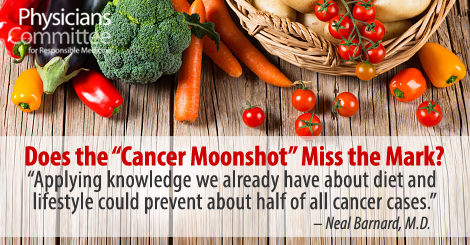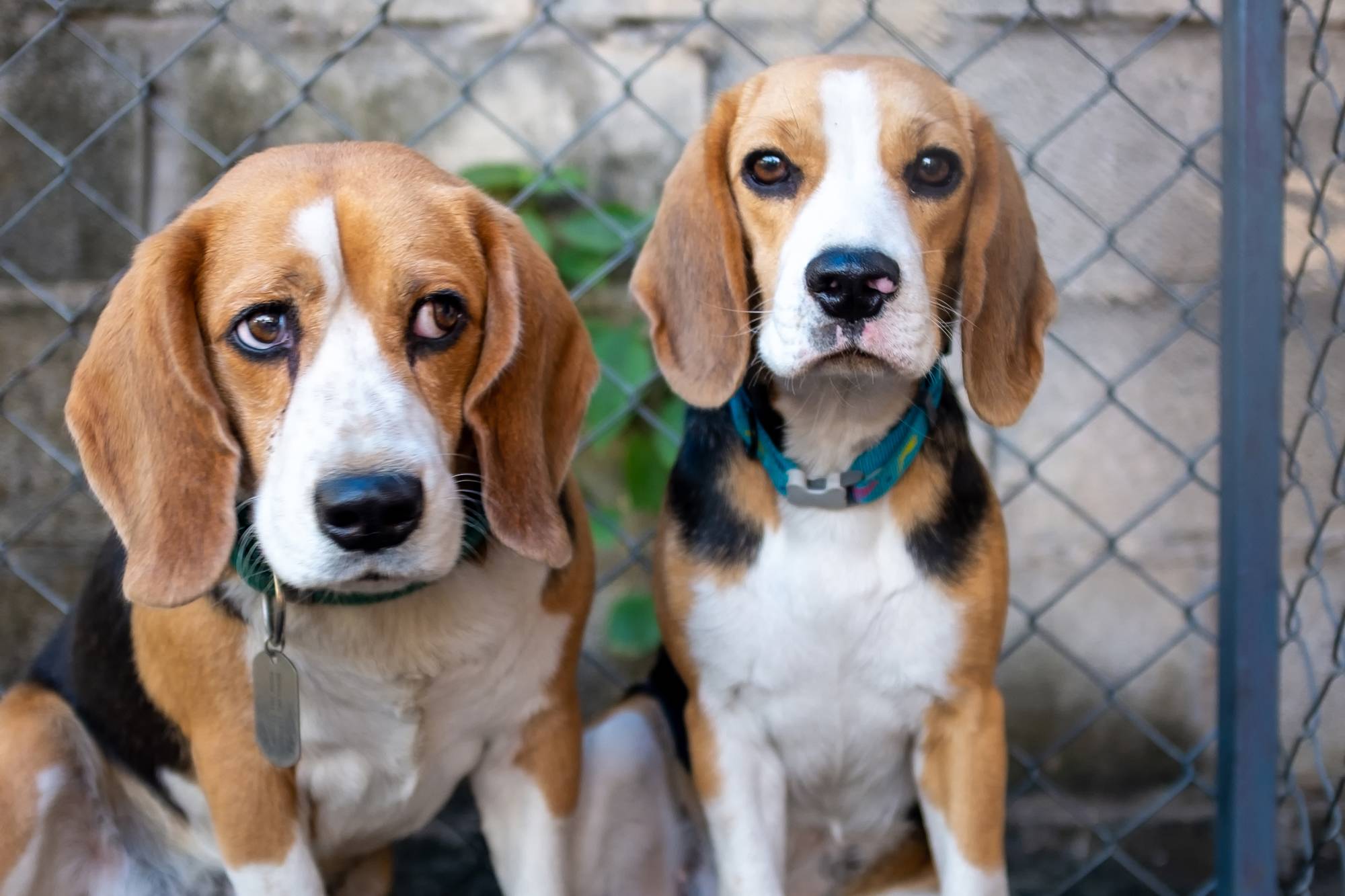Does Obama’s “Cancer Moonshot” Miss the Mark?

In his final State of the Union address, President Obama launched a “moonshot” to cure cancer. Today, he took the first step by creating a cancer task force. A serious, concerted effort to conquer cancer is a noble goal. But while the initial plan references breakthrough research, new therapies, and cutting-edge technology, it misses something important: We already have knowledge at our fingertips that can often halt it before it even begins.
In his final State of the Union address, President Obama launched a “moonshot” to cure cancer. Today, he took the first step by creating a cancer task force.
A serious, concerted effort to conquer cancer is a noble goal. But while the initial plan references breakthrough research, new therapies, and cutting-edge technology, it misses something important: We already have knowledge at our fingertips that can often halt it before it even begins.
It’s not just wishful thinking. Research shows that applying knowledge we already have about diet and lifestyle could prevent about half of all cancer cases. A healthful plant-based diet filled with fiber has shown to be protective against certain types of cancer, including prostate cancer, breast cancer, and colorectal cancer.
We know without a doubt that certain foods are linked to cancer. Late last year, the World Health Organization listed processed meat products alongside tobacco on a list of known human carcinogens. Published in Lancet Oncology, the WHO report compiled data from 800 studies and found strong evidence of the cancer-causing properties of processed meats. One meta-analysis in the study shows that just one daily serving of processed meat increases the risk of colorectal cancer by 18 percent.
Yet, in spite of this knowledge, we still dish out pepperoni pizza to our children on the school lunch line, we serve hot dogs to patients recovering in their hospital beds, and we think nothing of it when our president poses with a cheeseburger in a photo op.
How can this be? A generation ago, we were at a similar crossroads with another deadly product deeply entrenched in our culture: cigarettes. When I was an intern at the George Washington University Hospital in the early 1980s, it wasn’t uncommon to see doctors step away from the operating room for a quick smoke break, while patients lit up cigarettes right from their hospital beds. Even high school students could stop by smoke lounges located conveniently in their schools.
It’s hard to imagine three decades later, now that smoking bans are in place at hospitals and schools, on airplanes, and in public buildings. Once we realized the deadly toll of smoking, we launched a war on tobacco where education and prevention were key. Today, there is no question that smoking causes cancer. As a result, fewer people are smoking, and lung cancer rates are falling.
Taking a similar approach with unhealthy foods would go a long in solving the problem of diet-related disease.
That’s not to say that cancer research isn’t important. Not all cancer cases can be prevented. But while we shoot for the moon and wait for the promise of a cure, why not minimize our risk by applying knowledge we already have?








